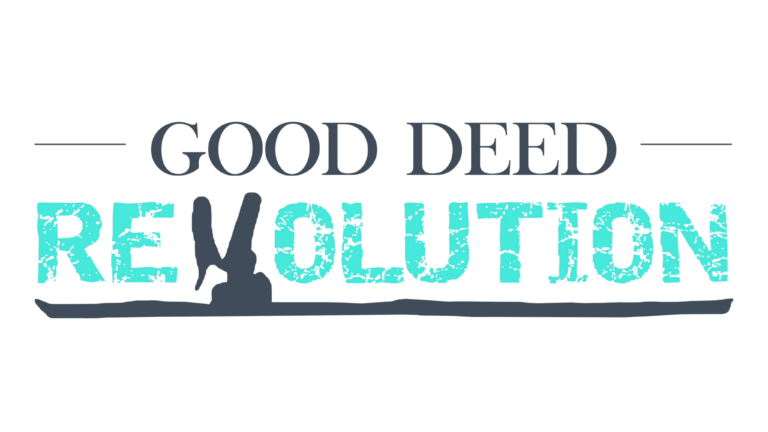I am the director of a nonprofit organization that cares for homeless and runaway teenagers and young adults in Burlington, Vermont. On one beautiful Autumn day, I had family in town who were visiting, so I took the day off and we spent the afternoon walking down the main pedestrian walkway, Church Street, having lunch and going into different shops. Toward the end of the day, as we were preparing to get in our cars and head back, I decided to go into my office to get my mail and take it home. I had a key to the rear door and planned to simply slip inside, make my way to the mailroom unbeknownst to anyone, and quietly leave.
My plan went flawlessly until, as I walked towards the mailroom, I glanced toward the front desk, where the office receptionist is usually seated. She greets teenagers and young adults as they arrive to see their counselor. But this time, for some reason she was not present, and I made eye contact with a young man standing there. His facial expression clearly signaled, “Can you help me?” I did not stop, instead proceeding into the mailroom, thinking, This is my day off. I hardly ever take a day off. I don’t want to get pulled into this situation, whatever it may be.
Then my conscience got the better of me. He’s probably just here to see his counselor, I reasoned. Let me ask him who he is here to see, and I will simply call up, it will take two seconds.
So I did that, I approached him and asked if I could help, and he surprised me by lifting up a shopping bag full of clothes. “We’re here to donate these,” he said. It was then that I noticed a young woman by his side.
“That’s so nice,” I replied. “Thank you very much. Will you please write down your name and address so we can properly thank you?” I passed over a sheet of paper, which the young woman took and on which she started writing.
He stood there while she wrote, fidgeting a bit, and he seemed a little nervous. After a few seconds he said, “You know, I used to come here for help.”
“Really?” I replied.
“Yes, to your Drop-In Center around the corner. I’d go there to get meals and clothing. And I lived there too, upstairs.”
“In our shelter?” I asked.
“Yes,” he replied. “I was homeless then, and you took me in.”
I then asked the question I always ask of someone I meet who had previously used our services.
“Did we help you? Did you have a good experience with us?”
He laughed and said, “I sure did.” He pointed at the woman next to him who by now was finished writing, and said, “That’s how I met my wife!”
She had a big smile on her face and said, “That’s right. I was homeless too and you took me in. We met at the shelter, fell in love and this coming St. Patrick’s Day will be our fourth wedding anniversary.”
I’ve worked with homeless and runaway youth for 34 years and had never heard a story like this. I stood there and said, “You’re telling me you were each homeless, got help from us, and now you are coming back to help the kids who are here now?”
They nodded in agreement.
“You’re paying it forward,” I said. “Good for you.”
I shook their hands, thanked them profusely, and they left.
I have thought of this encounter many times since it occurred. There are so many lessons to be learned, but the principal one is really about paying it forward. The phrase became popular in the year 2000 with the release of the movie, Pay It Forward, but then really took off a few years ago when customers began paying the bill for the next person in line at a McDonald’s or similar establishment. But what this young man and woman did felt very different from that. It reminded me of the whole idea that while it is important to be appreciative of and thankful to the people who helped you at certain points in your life, and to “pay it back” to them if at all possible, it is equally if not more important to pay it forward, to try and help people you may not even know, perhaps complete strangers, who are now in a similar situation to where you once were and could use your help.
That’s what this young couple was doing. It’s what I think we all should do and parents in particular should teach their children to do. Yes, thank those people who helped you in various ways in your life, be they parents, relatives, coaches, pastors, friends, job supervisors, whomever. But the truest way to honor those people is to turn around and help the people who are struggling now, even if you don’t know their names, and even if they never know yours.
Story by Mark Redmond, HuffingtonPost.com

